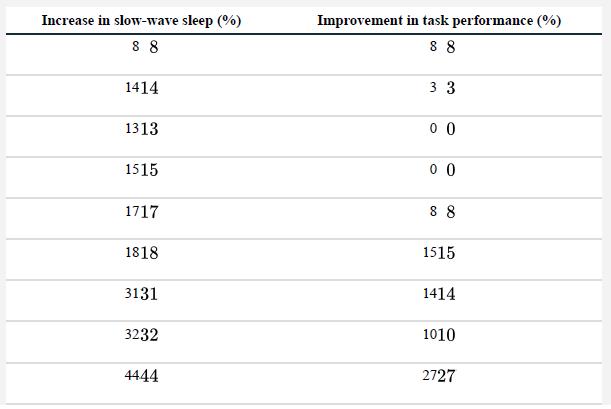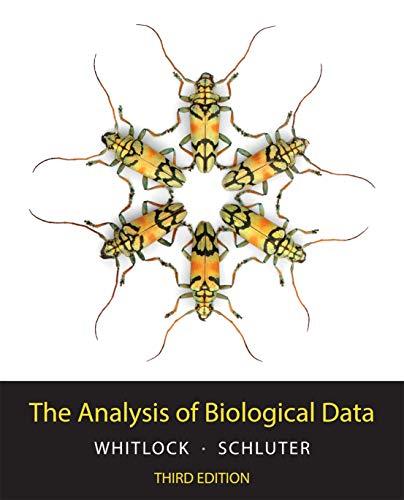If you are having trouble solving homework problems, should you sleep on it and try again in
Question:
If you are having trouble solving homework problems, should you sleep on it and try again in the morning? Huber et al. (2004) asked 10 participants to perform a complex spatial learning task on the computer just before going to sleep. EEG recordings were then taken of the electrical activity of brain cells during their sleep. The magnitude of the increase in their “slowwave” sleep after learning the complex task, compared to baseline amounts, is listed in the following table for all 10 participants. Also provided is the increase in performance recorded when the participants were challenged with the same task upon waking.

![]()
a. Calculate the correlation coefficient between the magnitude of the increase in slow-wave sleep and the magnitude of the improvement in performance upon waking.
b. What is the standard error for your estimate in part (a)?
c. Provide an interpretation of the quantity you calculated in part (b). What does it measure?
d. Test the hypothesis that the two variables are correlated in the population.
e. Is this an observational or an experimental study? Explain.
Step by Step Answer:

The Analysis Of Biological Data
ISBN: 9781319226237
3rd Edition
Authors: Michael C. Whitlock, Dolph Schluter





